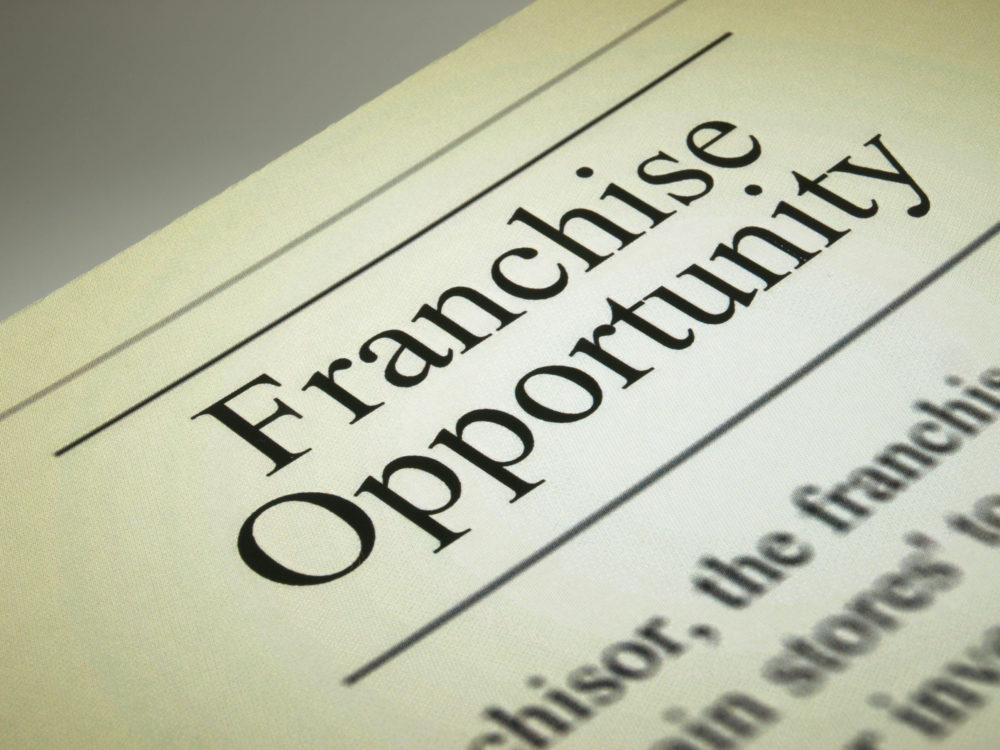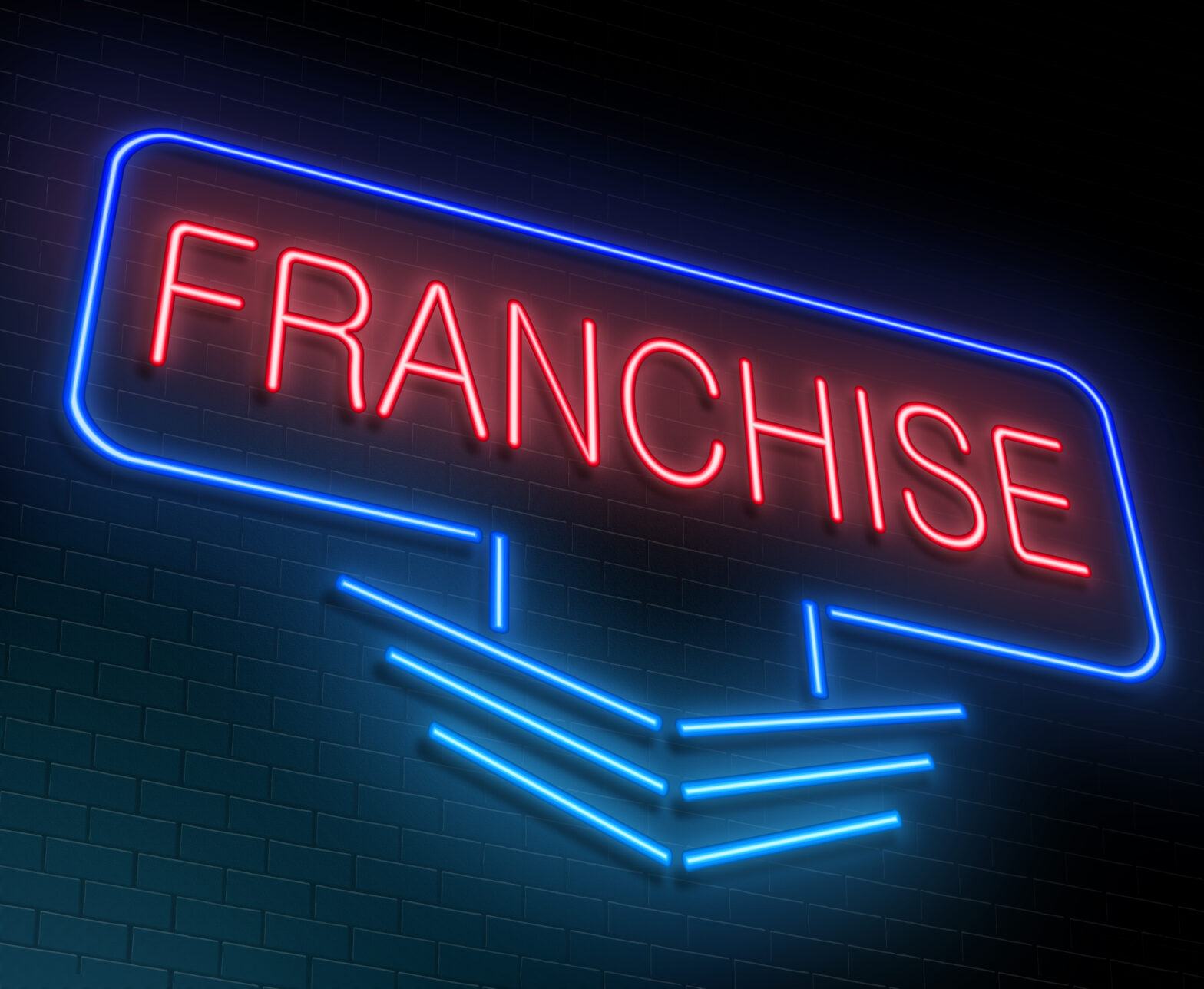Small business franchising could be considered a sector of business rather than an industry and is really a method of distribution.
Franchising is held under an agreement between parties which can also be termed as a license agreement. However, a franchise agreement usually involves a combination of fees paid to the franchisor, systems and methods of operation, branding and a fixed term.
About franchising
There are a few myths surrounding small business franchising that should be dispelled.
There are still many people that have a perception of franchising being a dirty word. Going back to the 1950’s the unsavoury reputation started when not so ethical operators tried to get in on the boom of fast food concepts that were taking on the world and expanding at unprecedented growth rates. There were back yard operators trying to make money out of simply selling an idea without much substance behind the concept. However there were many more operators that were franchising for the right reasons but in those days franchising was going through a steep learning curve.
Let’s dispel the myths; franchising is here to stay and it has proven itself with the test of time. It is not a matter of whether franchising is a good or bad thing, it is simply a matter of, is franchising the right strategy to suit your business?
Why is franchising a much safer place today?
There are several points that prove that franchising is a safe environment today for investors.
Because of the growth rate within the franchise sector, governments are paying attention due to the growing employment levels and increasing number of voters representing the sector.
It is estimated according to statistics gathered from the International Franchise Centre that the United Kingdom has over 900 franchised concepts with 44,200 franchisee outlets employing 620,000 people. This UK sector contributes around £15.1 billion to the GDP.
Many countries are embracing laws governing franchising thus making it a far safer place with government departments monitoring and policing franchise activities.
In Australia, a highly-populated franchise community with over 1,200 franchise systems, there has been a Franchise Code of Conduct in place since 1998. This had an extremely positive affect on the ethical growth of franchised companies and cleaned up the unscrupulous element.
The failure rate of small business franchising is very low compared to stand alone SMEs. You can check with most government statistics and find a similar statement of non-franchised SME business failure, which typically ranges between 70 and 80 per cent failure within the first five years.
There has been some research conducted on franchised business failure by universities and on average between 20 to 30% of franchisees in a franchised company are struggling or failing. However, the failure rate can be as low as 1 per cent owing to the Franchisor rescuing or assisting the struggling businesses. From my own involvement in research undertaken to benchmark over 70 franchise companies the findings were not dissimilar to that of the universities.
The result is clear, it is far safer for the average person or family to invest in a reputable franchised organisation than go it alone.
What businesses can be franchised?
Most businesses can be franchised, the difference being two main criteria. Does small business franchising suit your particular industry or business concept and the one thing that many people would not recognise without consultation is, does franchising suit your culture?
Do you have what it takes to be a small business franchise?
After 15 years of building over 35 franchised concepts it occurred to me that certain people and their culture are just not suited to franchising.
There are quite specific ways to be able to grow, recruit and manage franchisees and you need to have an absolute resolve to undergo the right process. Most franchise companies have been founded by quite unique entrepreneurs and most of them are either completely passionate about what they have created and/or suffer from very large egos.
A franchisor that creates a successful franchise company quite often thinks that the success is because of ‘ME’ and live in the fantasy world that everything they turn their hand to will be successful. This is usually quite the opposite and I have witnessed many franchisors that turn their hands to other businesses and they have failed. The truth is that not one of them have grown the business without a team of people to help make it successful. It is always about the right team of people not the one individual.
Regardless of this, there has to be a leader and visionary but in franchising that leader needs to empower people and know the right time to step out of the business operations.
Why would you decide to franchise your company?
In today’s world small business franchising is definitely a choice that you can make and it is a safe environment to develop your business and as described it is more a matter of deciding is it right for you?
The clear benefit of franchising is the faster growth with less capital expenditure. In other words you are using other people’s money to fund your growth, it is for this very reason that it is important that your business model can provide an opportunity for franchisees to prosper and that you have a proven concept before entering the franchise sector.
The down side to franchising is that your earnings are less than if you set up your own network. Agreed, it is a larger outlay of working capital but you receive all the profit, with a franchise network you receive only a percentage of revenue.
A franchise network relies on franchisee investors that have put cash into the business and therefore have motivation to grow the business as large as possible for better returns, whereas an employee may not have quite the same incentive to grow your business.
Finally the relationship between you, the franchisor, and the franchisee is unique and you need to treat the franchisee as a business partner, not a customer and certainly not in a dictatorial management style.
Whereas, with a company employee your management style might be different, you can simply issue directives, not that I would agree with that kind of dictatorial style of management, but it is your choice and may suit your particular business model.
Here are seven tips if you do decide to franchise.
1. Seek advice from an experienced franchise business specialist FIRST. But be aware of companies making claims of experience without credentials.
2. Seek advice from a specialist franchise lawyer and franchise accountant.
3. Create a financial model to make sure that you and your franchisees can make a great return.
4. Make sure your royalties will adequately fund you to give proper support to your franchisees
5. Consider whether you have the right culture to manage franchisees rather than employees
6. Research the market to identify your potential growth.
7. Do not enter the franchise sector on a shoestring budget, this is a formula for failure. Identify your working capital necessary to build your systems.
Philip Ciniglio is CEO of Bartercard.





